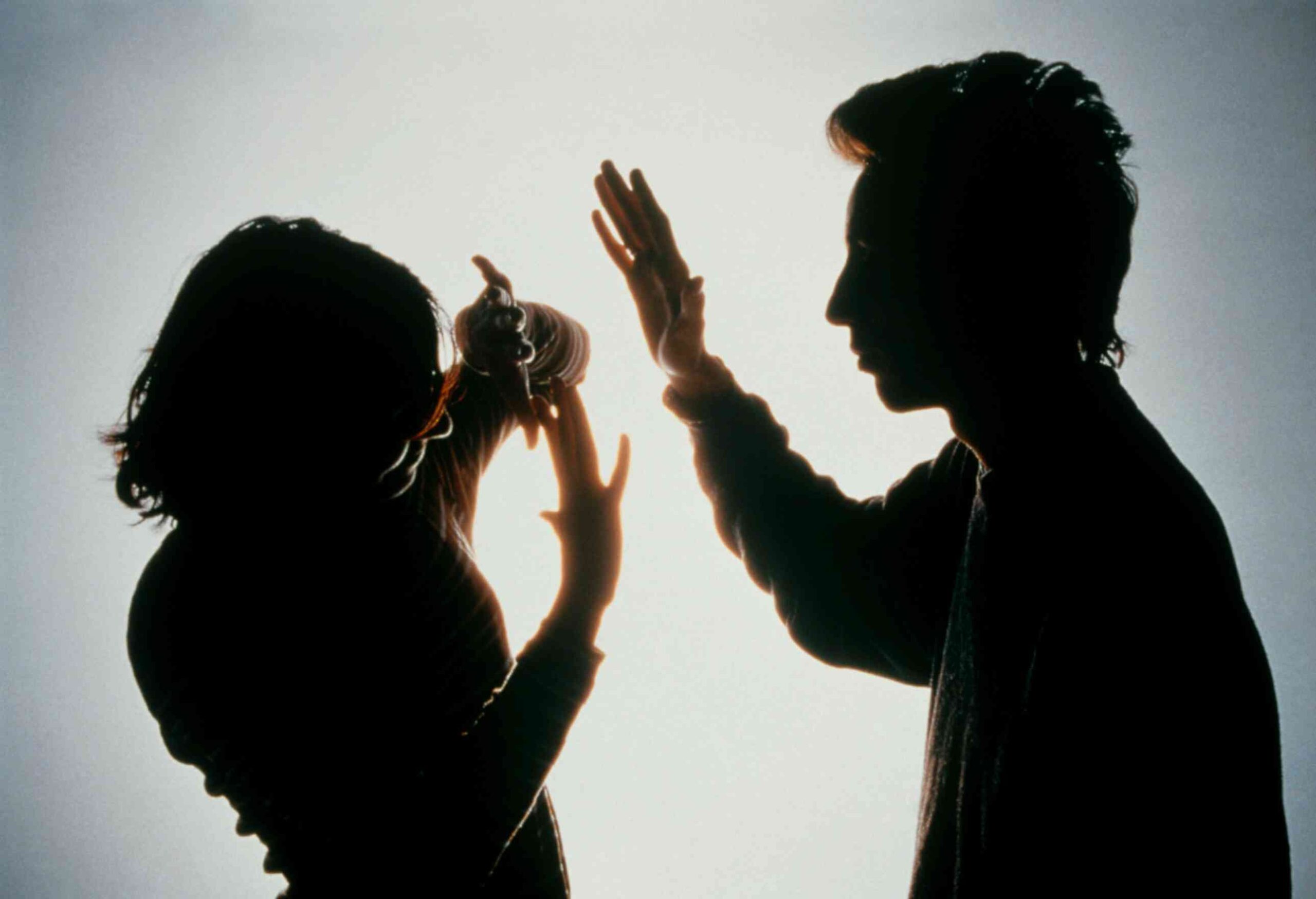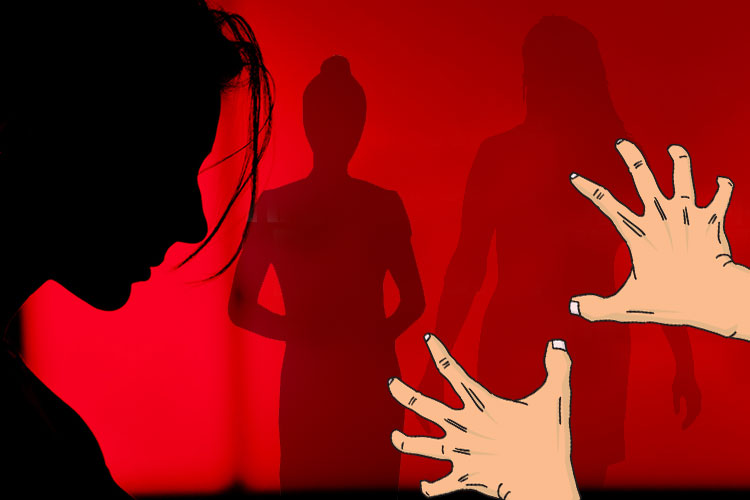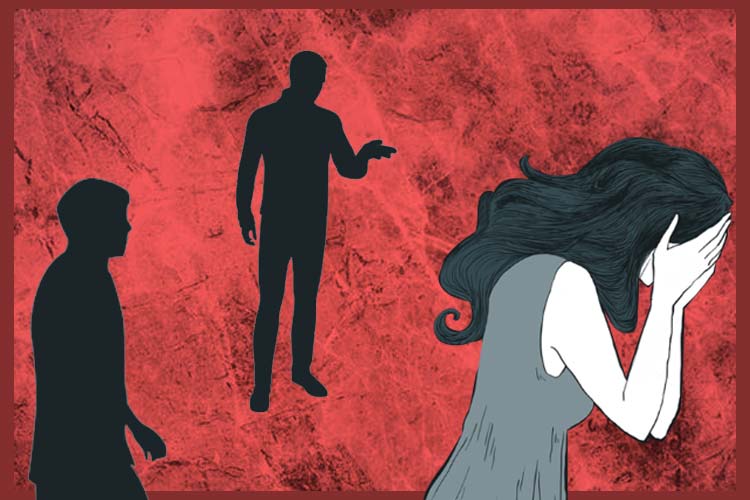
Domestic Violence Case
Domestic violence refers to a pattern of abusive behaviors and coercive control exerted by one individual within an intimate relationship over another. It encompasses various forms of abuse, including physical, emotional, psychological, sexual, and financial abuse. Domestic violence is not confined to a specific gender, age, socioeconomic background, or cultural context; it can affect anyone. The dynamics of domestic violence often involve a power imbalance, where the abuser seeks to assert dominance and control over the victim, instilling fear and dependency. Recognizing domestic violence is crucial for intervention and support, as victims may endure silent suffering due to shame, fear, or social stigma. Legal systems globally acknowledge the severity of domestic violence, and laws are in place to protect victims, offering restraining orders, shelters, and legal recourse. Advocacy, awareness, and community support play vital roles in addressing and preventing domestic violence, fostering environments of safety, respect, and empowerment within intimate relationships.
Woman Rights Against Domestic Violence?
Women, like all individuals, possess inherent rights that are crucial in protecting them against domestic violence. These rights are foundational elements of human dignity and include the right to live free from physical, emotional, and sexual abuse within an intimate relationship. Legal frameworks in many jurisdictions recognize and prioritize the rights of women in cases of domestic violence. Women have the right to seek immediate protection through legal avenues, such as obtaining restraining orders against their abusers. Additionally, they have the right to report incidents of domestic violence to law enforcement, initiating criminal investigations when necessary. Legal systems often provide avenues for women to seek financial support and custody arrangements for their children in cases of separation from an abusive partner. Beyond legal recourse, women have the right to access support services, including counseling, shelters, and community resources, empowering them to break the cycle of abuse. It is imperative to raise awareness about these rights, ensuring that women facing domestic violence are aware of the available protections and can reclaim their autonomy, security, and overall well-being.


- Woman's Have right to file case against the person who harasses her physically or mentally.
- Don't Misuse of rights woman's have for their security.
It is important to note that harassment, regardless of the perpetrator’s gender, is unacceptable behavior that goes against the principles of respect and empathy. Encouraging anyone, regardless of their gender, to refrain from harassing others is essential for fostering healthy relationships and maintaining a positive societal environment. Instead of providing motivating lines for a woman who harasses, it is more appropriate to encourage self-reflection, empathy, and a commitment to treating others with dignity. Individuals should strive to create spaces where everyone feels valued, heard, and respected, promoting a culture of inclusivity and understanding rather than engaging in behaviors that cause harm.

